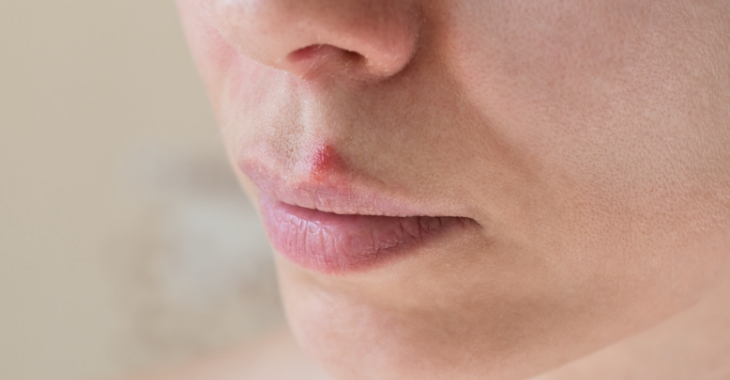3 Skin Cancer Symptoms You Shouldn’t Ignore
For the last few decades, the number of skin cancer diagnoses have increased, with more incidences of skin cancer than all other cancers combined. One in five Americans is expected to get skin cancer, with about 5.4 million cases of non-melanoma cancer diagnosed each year and another estimated 87,110 cases of melanoma are expected in 2017. This is a serious disease with dire consequences if you ignore the early sings of this deadly disease. Here are three skin cancer symptoms you should never ignore.
- Odd moles. Moles and skin formations that are “odd” or change are a definite reason to make a call to your dermatologist as they could be melanoma. Follow the ABCDE list of changes to watch for: asymmetry, borders, colors, diameter and evolution.
- Pale white spots. Small white spots on your skin with visible red blood vessels can be an early sign of non-melanoma skin cancer. Also, white lesions that look like scars but seem to appear out of the blue should be reported to your dermatologist.
- Seeing red. Many types of skin cancer come in the form of red patches on your skin. Look for red growths, burning red areas, red marks on your chest or back and scabs or ulcers. Any sore that doesn’t seem to heal or go away after a week or more should be evaluated by a doctor.
It is important to conduct regular inspections of your skin and see a dermatologist if you find any strange or new growths. This includes checking your scalp and areas you may need someone else to check for you. Early detection is the best chance to beat any type of cancer and stop it from spreading. Don’t ignore these signs and seek medical attention and a skin cancer screening right away.
Posted on behalf of:
Kayal Dermatology & Skin Cancer Specialists
141 Lacy Street, Suite 200
Marietta, GA 30060
(770) 426-7177
The information provided on this website, including text, graphics, images, and other materials, is intended solely for informational purposes and should not be used as a substitute for professional medical advice, diagnosis, or treatment.


)